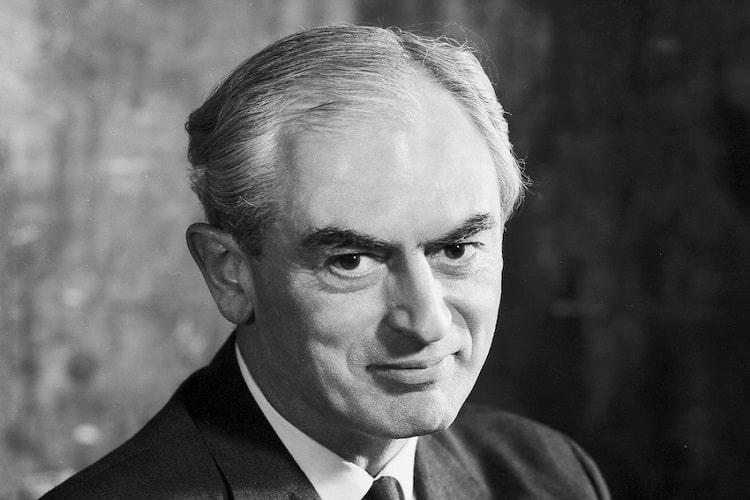Peter Medawar: The Immunologist Who Unlocked the Secrets of Organ Transplantation

Peter Medawar (28 February 1915 – 2 October 1987) was a Brazilian-British biologist and writer. Peter Medawar was awarded the Nobel Prize, in 1960.
Life and Career
Peter Medawar was born on 28 February 1915, in Petrópolis, State of Rio de Janeiro, Brazil. He attended Marlborough College and later studied zoology at Oxford University. He completed his doctorate at Oxford under the supervision of Sir Howard Florey, a Nobel laureate known for his work on penicillin.
Medawar’s scientific career was distinguished by his pioneering research in immunology, particularly his work on transplantation and the immune system. In the 1940s and 1950s, he conducted experiments that laid the foundation for our understanding of transplant rejection and the importance of tissue compatibility. His work helped establish the concept of histocompatibility and led to the development of immunosuppressive drugs, which revolutionized organ transplantation.
Beyond his scientific achievements, Medawar was known for his eloquent and insightful writing. He authored several books and essays on science and philosophy, including “The Art of the Soluble” and “The Limits of Science.” His writings explored the boundaries of science and its relationship with the broader human experience.
Peter Medawar held various academic positions throughout his career, including at the University of Oxford and the University of London. He was knighted in 1965, becoming Sir Peter Medawar, and continued to make significant contributions to the field of immunology. Peter Medawar passed away on 2 October 1987, in London, United Kingdom.
Award and Legacy
In 1960, Medawar was awarded the Nobel Prize in Physiology or Medicine, along with Sir Frank Macfarlane Burnet, for their discoveries related to acquired immunological tolerance. This recognition underscored the importance of his work in advancing our knowledge of the immune system and its role in organ transplantation.
Peter Medawar’s legacy is characterized by his groundbreaking scientific contributions, his eloquent writings on science and philosophy, and his enduring impact on the fields of immunology and transplantation. His work continues to shape our understanding of the immune system and inspire future generations of scientists and thinkers.
Observer Voice is the one stop site for National, International news, Sports, Editor’s Choice, Art/culture contents, Quotes and much more. We also cover historical contents. Historical contents includes World History, Indian History, and what happened today. The website also covers Entertainment across the India and World.

